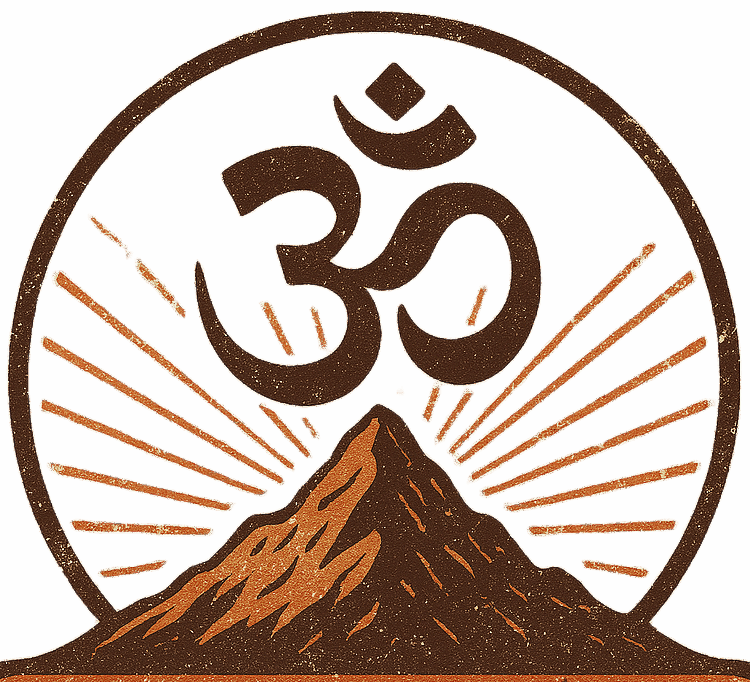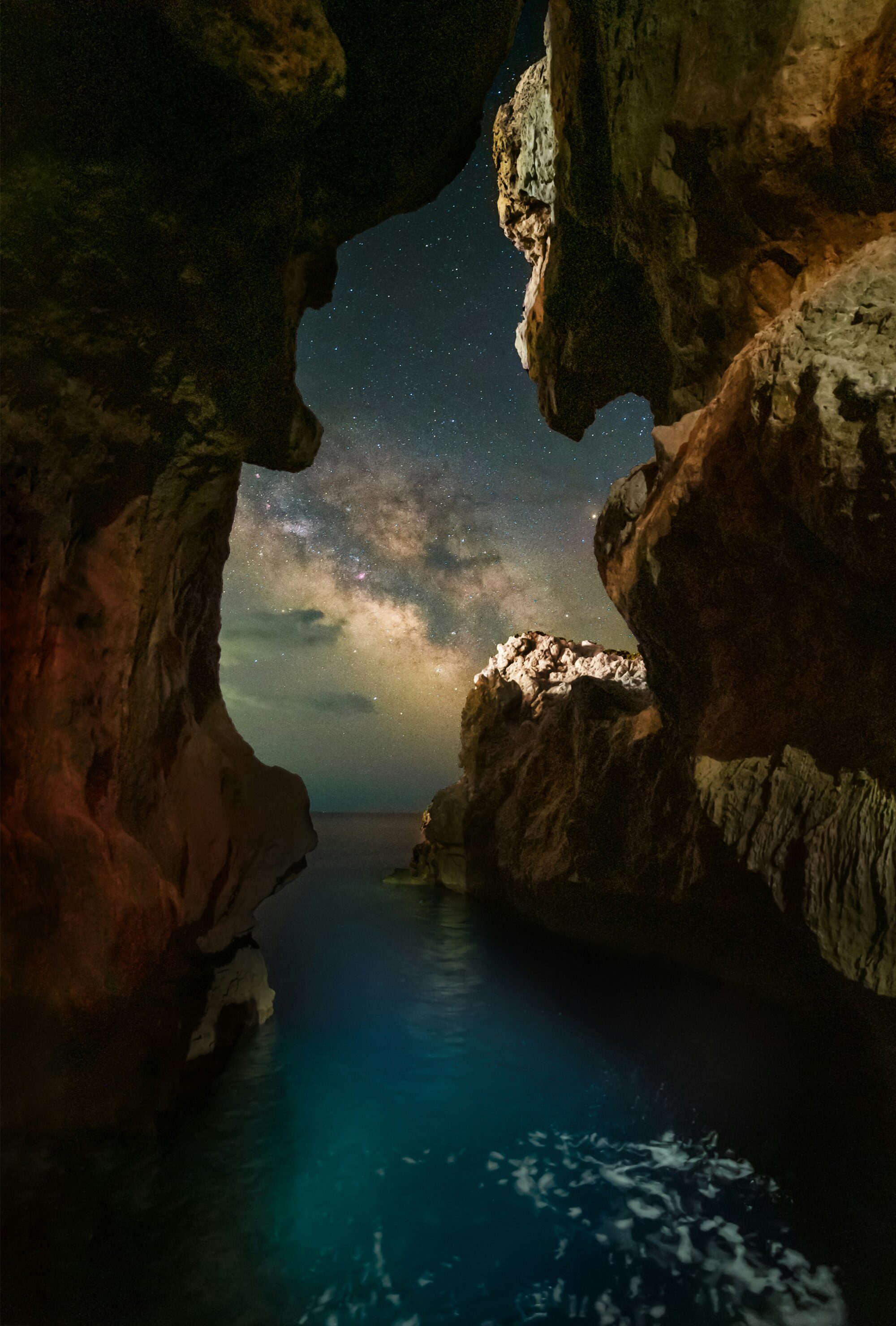They did not sleep after the spring.
The eyes that once strained through mist now began to burn, not with fatigue, but with that solar fever known only to initiates of impossible dawns. The flowers that blossomed without permission, the voices that rose from root and ruin, did not recede. They multiplied. The season had not passed. It had deepened into tapas, the heat of conscious becoming.
Those who remained awake became wanderers of the limen, the threshold. Neither fully within the world nor outside of it, they moved with the paradoxical dignity of spirits incarnating while walking. Some called them mad. Others felt in their presence a forgotten echo, the joy of first light, the terror of new creation.
This was no revolution. No ideology. It was metanoia, a metamorphic turning of soul. They had become neognostoi, those newly re-initiated into the hidden architecture of the cosmos. And the world, sensing its own reanimation, began to behave strangely around them. Time softened. Patterns fractured. Meaning bled from things long thought dead.
The trees grew more vivid. Wind began to speak again.
But they bore this not as escapists. They returned each day to the world, not to fix it, but to saturate it with another vibration. To imbue the ordinary with the remembrance of the divine. They wept sometimes, alone. Not from despair but from the unbearable beauty of what was coming through them.
Their sanctuary was not constructed by stone but by intentio, that fierce, unswerving attention which invokes sanctity into space.
It was known among them that beneath the visible world lay a hypogaion, a chamber of echoes where old prayers waited like seeds beneath ash. One did not descend into it with the body but with the faculty of the soul that dreams awake. There, in that unlit sanctum, the vigilants met what the world had forgotten.
They returned from that chamber branded not with scars, but with vision.
The old world, sensing this, began to panic.
It deployed the usual weapons: noise, distraction, division, doubt. It offered new entertainments, new debts, new stories. But nothing worked. The vigilants had seen through the veil. Not just once, but continuously. For them, the veil had been thinned by reverent action, pierced by suffering, and made transparent by love so unyielding it transfigured sorrow into song.
And now they sang in the vibration of their deeds.
Each vigilant, having passed through the hypogaion flame, emerged not with teachings to recite, but with ways to walk. Their life became a kind of incantation, not chanted in voice but incarnated in gesture, relation, craft, struggle.
They bore within them the seed of reenchantment.
Wherever they went, the dullness of modernity grew brittle. One could hear it. Small cracks in the concrete of consensus. Not destruction, but dissonance. A subtle disruption of the grey.
They did not reject machines, but imbued them.
They did not flee cities, but breathed spirit into their bones.
They did not await apocalypse, but composed an initium, a sacred beginning, quietly unfolding beneath catastrophe.
They became nodes of the counterstorm, a soft uprising of presence against the anesthetic empire.
The counterstorm does not explode. It erupts inward.
A face turned toward the sun instead of the screen.
A truth kept in the middle of lies.
A gift offered without transaction.
And though they walked alone, they were never isolated.
They felt each other across continents.

